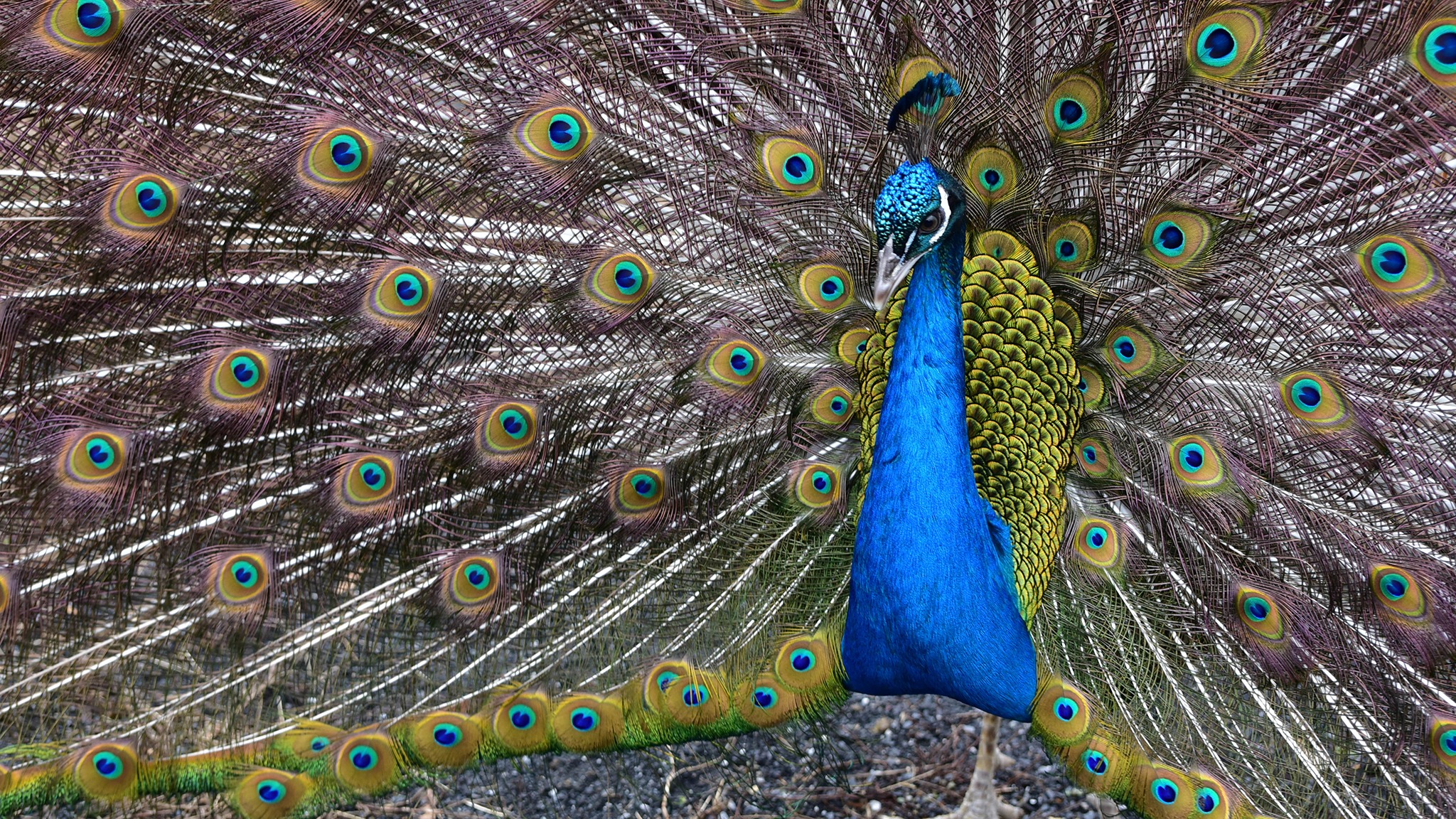The Maryland Zoo in Baltimore embraces and cultivates diversity, equity, accessibility, and inclusion (DEAI) for its workforce, its visitors, its volunteers, its audiences, and its vendors.
DEAI Mission Statement
The Maryland Zoo is committed to the people who carry out our mission of providing exceptional animal care, building empathy, and supporting the conservation of wild places. As a science-based organization, we value biodiversity and recognize that it is critical to the future of our world. To create a thriving ecosystem built on these principles, we strive to be a welcoming, diverse, considerate, and respectful place to work, visit, volunteer, and learn.
DEAI Vision Statement
We create a welcoming environment that reflects the humanity of our community and celebrates the unique attributes that make our staff, volunteers, and visitors who they are. By engaging people in the wonders of the living world, we ensure human connection to the health of our planet and the creatures that call it home.
DEAI Values
- Welcoming and Accepting: Our Zoo creates a sense of belonging and connection that is supported through engagement with people of all backgrounds and abilities.
- Safe: Our Zoo is free of bias, disruptive attitudes, and behavior that threatens others or impedes inclusivity.
- Respectful: Our Zoo is a place where people work cooperatively together and are treated with dignity and kindness.
